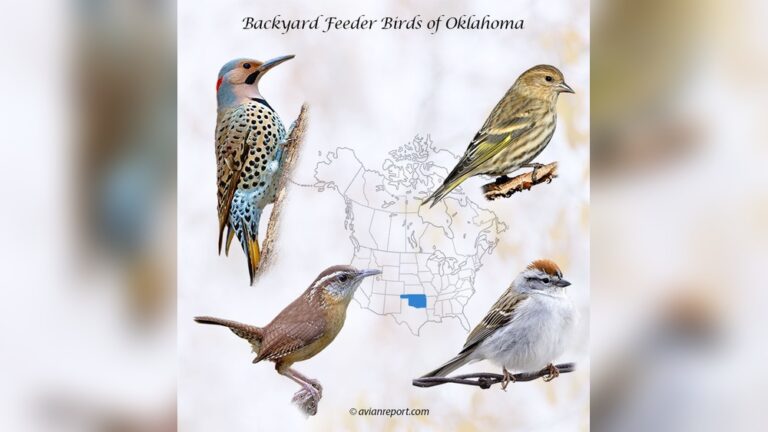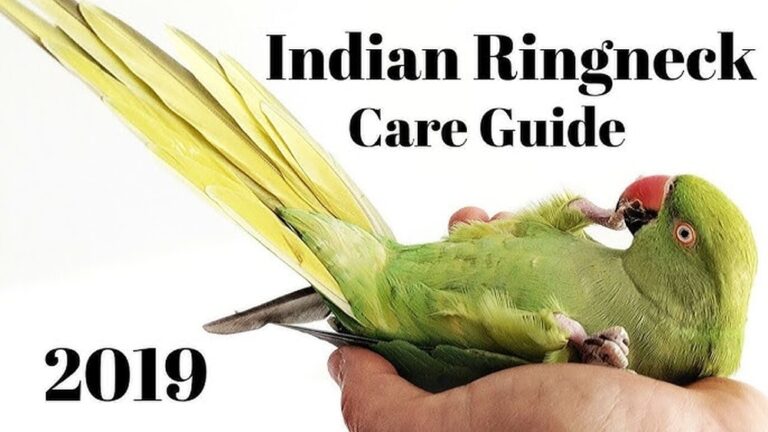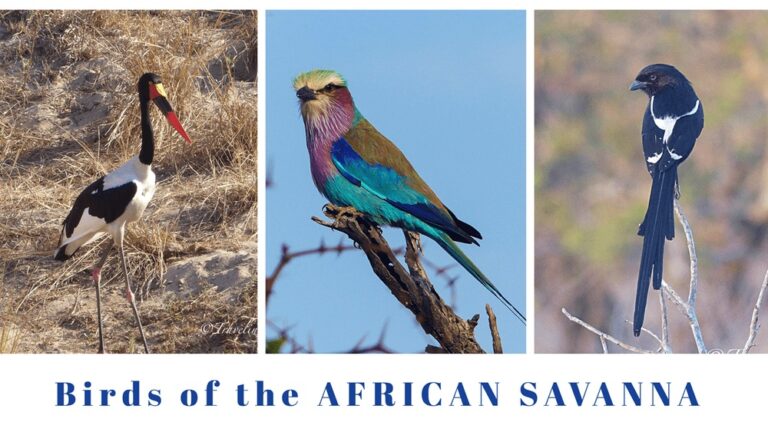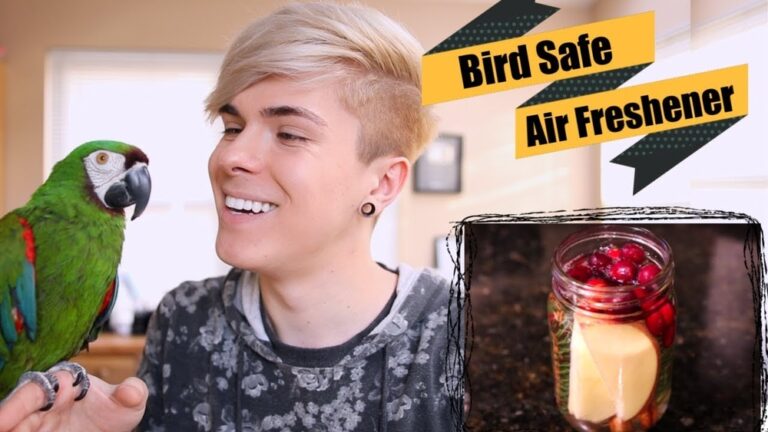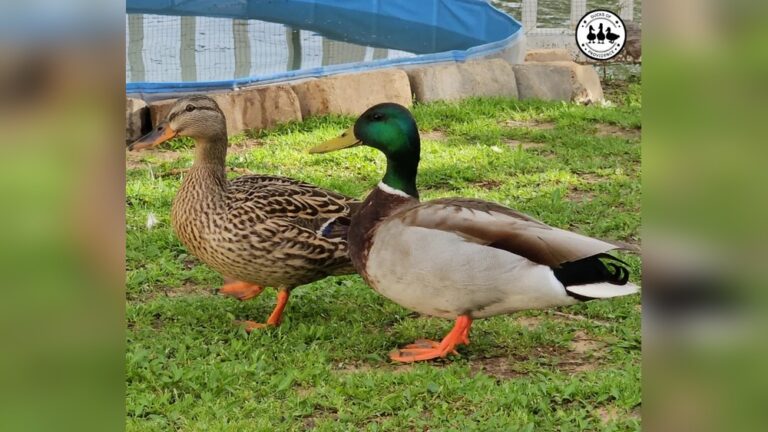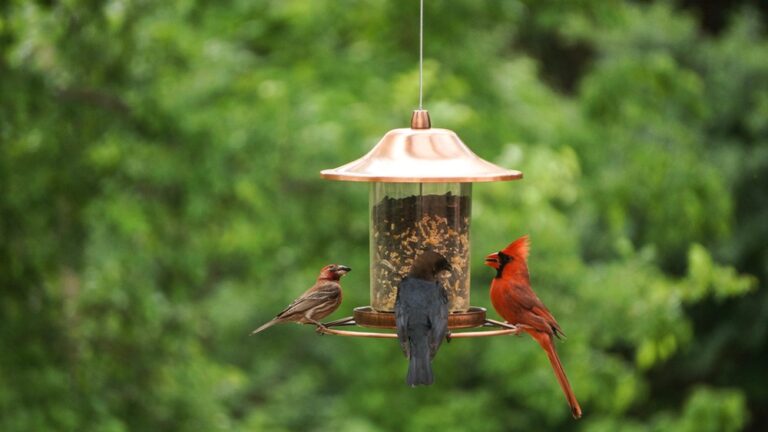Pet Bird Food Pros And Cons
Choosing the right food for your pet bird can feel overwhelming. You want to give your feathered friend the best, but with so many options, it’s hard to know what really works.
What if the food you pick has hidden downsides you haven’t considered? Understanding the pros and cons of pet bird food will help you make smarter decisions that keep your bird healthy and happy. Keep reading to discover what you need to know before filling your bird’s bowl.
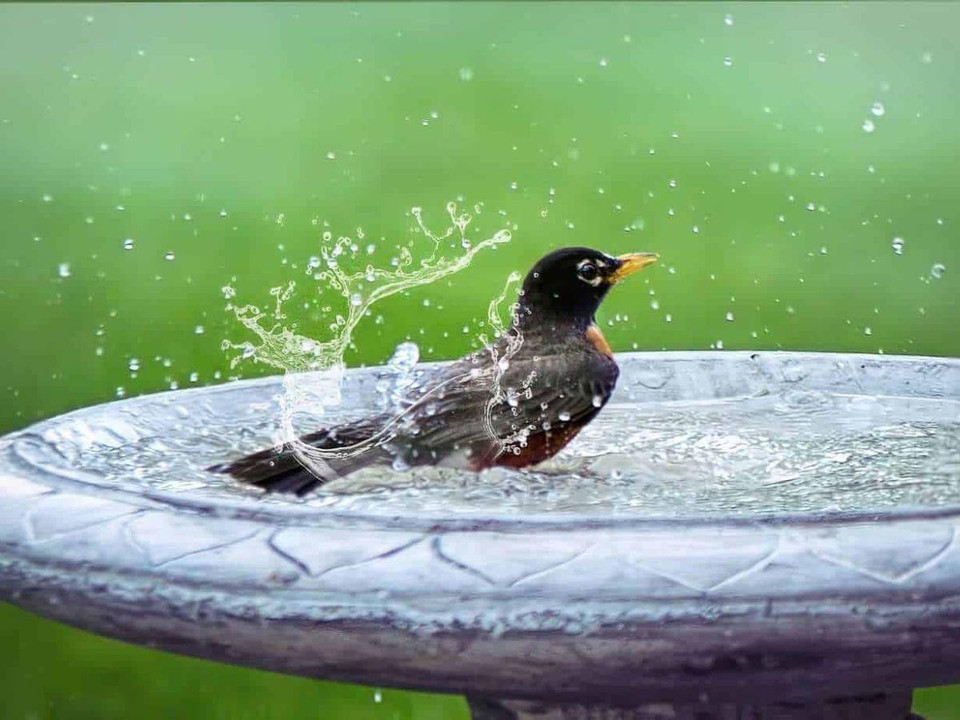
Credit: kennedywildbirdfood.co.uk
Types Of Pet Bird Food
Bird owners can choose from several types of food for their pets. Each type offers different nutrients and benefits. Understanding these options helps keep pet birds healthy and happy.
Birds need a balanced diet. Combining various foods ensures they get the right vitamins and minerals. Below are common types of pet bird food.
Seeds And Mixes
Seeds are a popular choice for many bird species. They provide fats and energy. Seed mixes include different seeds to offer variety. Some birds enjoy sunflower, millet, and safflower seeds. Seeds alone lack certain nutrients. Feeding only seeds can cause health problems over time.
Pellets
Pellets are made from ground ingredients shaped into small pieces. They contain balanced nutrients and vitamins. Pellets prevent selective eating, where birds pick only favorite foods. Many vets recommend pellets as the main diet. They support overall health and reduce obesity risk.
Fresh Fruits And Vegetables
Fruits and vegetables add vitamins, minerals, and fiber. They keep birds hydrated and improve digestion. Common choices include apples, carrots, and leafy greens. Avoid avocado and onion, which are toxic to birds. Fresh produce adds color and interest to meals.
Specialty Treats
Treats like nuts, mealworms, and small pieces of cheese offer extra protein and fat. Use treats sparingly to prevent weight gain. Treats help with training and bonding. Choose healthy options to support bird wellbeing.
Benefits Of Seed-based Diets
Seed-based diets have been a popular choice for pet bird owners for many years. These diets offer several benefits that align with the natural eating habits of many bird species. Seeds provide essential nutrients and help keep birds active and interested in their food. Understanding these benefits can help owners make better decisions for their pets.
Natural Preference
Many pet birds naturally prefer seeds. Wild birds often eat seeds as a major part of their diet. Providing seeds at home satisfies their instinct to peck and forage. This natural preference helps reduce stress and boredom in pet birds. Birds are more likely to eat well when their food matches what they enjoy.
Variety And Taste
Seed mixes offer a wide range of flavors and textures. Birds enjoy the different tastes and shapes in seed blends. This variety keeps mealtime exciting and encourages birds to eat more. Diverse seed diets can help prevent picky eating habits. Tasting different seeds also supports a balanced intake of nutrients.
Availability And Cost
Seed-based diets are easy to find in most pet stores. They come in many types and brands. This availability makes seed diets a convenient choice for many owners. Seeds are often less expensive than specialized bird pellets or fresh foods. The lower cost helps owners provide consistent meals without overspending.
Drawbacks Of Seed-based Diets
Seed-based diets are popular for many pet birds. They are easy to find and birds often enjoy them. Despite this, seed diets have several drawbacks that can affect your bird’s health. Understanding these issues helps you make better feeding choices.
Nutritional Imbalance
Seeds lack many important vitamins and minerals. Birds need a variety of nutrients to stay healthy. A diet mainly made of seeds misses essential nutrients like calcium and vitamins A and D. This can cause weak bones and poor feather quality.
Risk Of Obesity
Seeds are high in fat and calories. Eating too many seeds can make your bird gain weight quickly. Obesity leads to serious health problems like heart disease and liver issues. Birds on seed diets often do not get enough exercise either.
Selective Eating Habits
Birds may pick out their favorite seeds and ignore others. This selective eating causes an unbalanced diet. Some seeds have more fat, and birds may avoid healthier options. This behavior worsens nutritional problems and can lead to deficiencies.
Advantages Of Pellet Diets
Pellet diets offer many benefits for pet birds. They provide a reliable way to meet a bird’s nutritional needs. Pellets are designed to give a balanced mix of vitamins, minerals, and other nutrients. This helps keep birds healthy and active. Bird owners find pellet diets easy to manage and serve. The uniform shape and size of pellets also make feeding simple.
Balanced Nutrition
Pellets contain a mix of nutrients in the right amounts. This balance helps prevent diet-related illnesses. Each pellet has proteins, fats, vitamins, and minerals. Birds get the nutrients they need every day. Unlike seed-only diets, pellets reduce the risk of missing key nutrients. This promotes a longer and healthier life for pet birds.
Controlled Ingredients
Pellets have carefully selected ingredients. This control reduces exposure to harmful substances. No added sugars or artificial colors. Owners know exactly what their birds eat. This is important for birds with allergies or sensitivities. Consistent ingredients help avoid digestive problems. It also supports stable weight and good health.
Convenience And Storage
Pellets are easy to store and use. They come in resealable bags to keep freshness. No need to separate or clean before feeding. Pellets save time on daily care. They reduce food waste compared to loose seeds. This convenience fits well with busy lifestyles. Feeding becomes a quick and simple task.
Disadvantages Of Pellet Diets
Pellet diets are popular for feeding pet birds due to their balanced nutrition. Yet, these diets have some drawbacks that bird owners should consider. Knowing the disadvantages helps in making better feeding choices.
Acceptance Challenges
Many birds do not like pellet diets at first. They prefer seeds or fresh foods. Changing their diet can cause stress. Some birds may refuse pellets completely. Patience is needed to help birds accept pellets.
Limited Variety
Pellets offer less variety than natural diets. Birds enjoy different textures and flavors. Pellets are uniform and lack this diversity. Limited variety may reduce a bird’s interest in eating.
Cost Considerations
Pellet diets can be more expensive than seeds. Higher cost may not suit every budget. Quality pellets usually cost more than basic seed mixes. Cost can affect long-term feeding plans.
Role Of Fresh Foods
Fresh foods play an important role in a pet bird’s diet. They provide natural vitamins and minerals that dry food might miss. Including fresh fruits, vegetables, and leafy greens supports overall bird health. Fresh foods also help keep birds interested in their meals and encourage natural foraging behaviors.
Offering fresh foods regularly makes a diet more balanced and enjoyable for pet birds. It adds essential nutrients and moisture, improving their well-being.
Nutrient Boost
Fresh foods supply vitamins like A, C, and E. These vitamins help support the immune system. They also aid in healthy skin and feathers. Many fresh foods contain antioxidants that protect cells from damage. Dry seed mixes usually lack these important nutrients.
Hydration Benefits
Fresh fruits and vegetables contain high water content. This helps keep birds hydrated throughout the day. Birds often do not drink enough water on their own. Moisture-rich foods support digestion and prevent dehydration. This is especially important in dry or warm climates.
Introducing Variety
Fresh foods add different tastes and textures to the diet. Birds enjoy exploring new flavors and colors. Variety reduces boredom and encourages eating. It also helps prevent picky eating habits. Rotating fresh foods keeps meals interesting and balanced for pet birds.
Risks Of Fresh Foods
Fresh foods can add variety to your pet bird’s diet. They often provide important vitamins and moisture. Yet, fresh foods carry risks that pet owners must know. These risks can affect your bird’s health and safety. Understanding them helps you feed your bird wisely.
Spoilage And Contamination
Fresh foods spoil quickly. Leftover fruits or vegetables can grow mold or bacteria. Spoiled food can cause stomach upset or serious illness. Always check for signs of spoilage. Keep fresh food refrigerated and serve small amounts daily. Clean food bowls often to avoid contamination.
Toxic Foods To Avoid
Some fresh foods are harmful to birds. Foods like avocado, onion, and chocolate are toxic. Even small amounts can cause poisoning or death. Learn which foods are safe and which are not. Never feed your bird unknown plants or human snacks. Safety comes first.
Mess And Waste
Fresh foods can be messy. Birds may drop or scatter pieces outside their cage. Wet foods can spoil quickly if left uneaten. This leads to extra cleaning and waste. Prepare fresh food in small portions. Remove leftovers promptly to keep the cage clean.
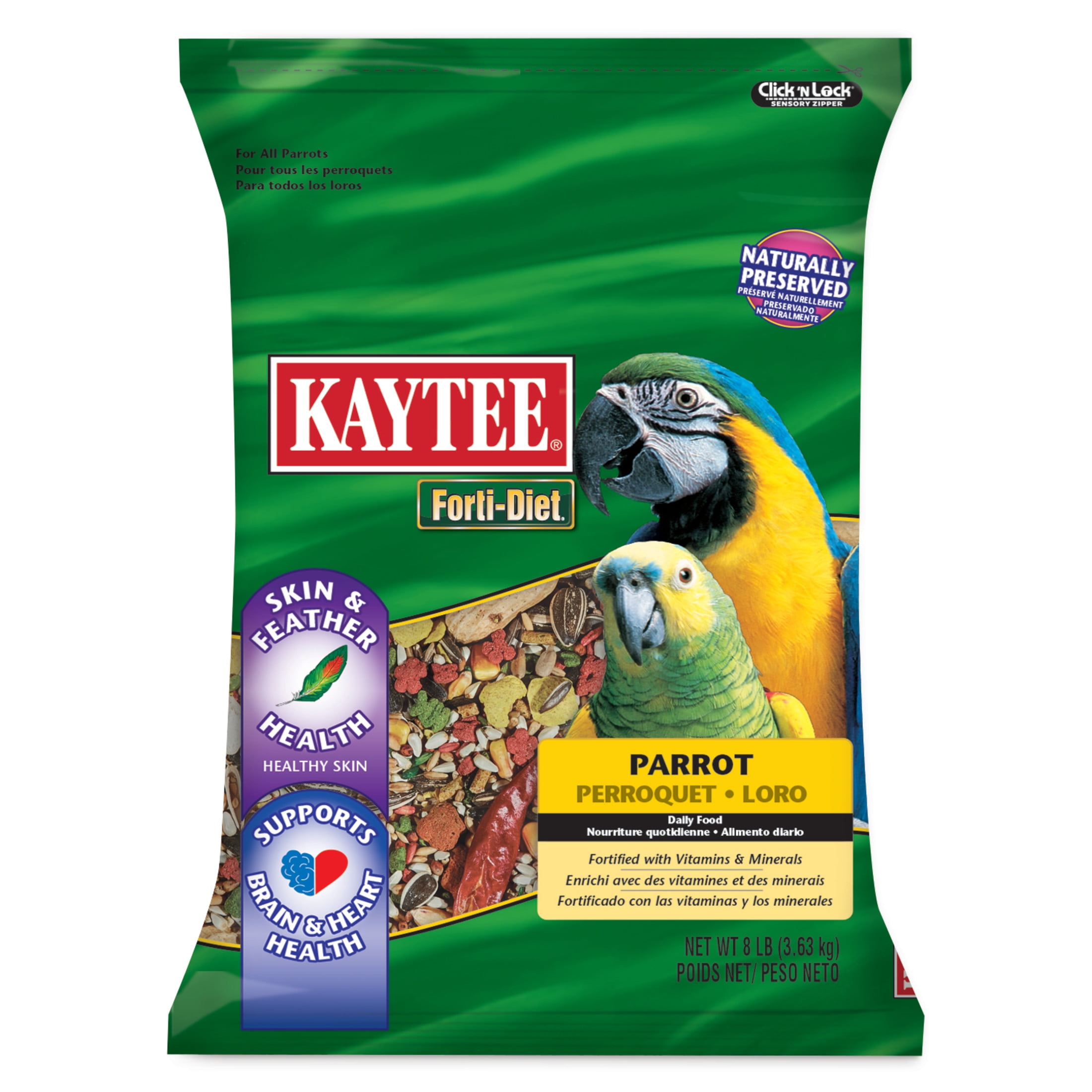
Credit: www.walmart.com
Choosing The Right Food Mix
Choosing the right food mix for your pet bird is very important. Birds need different nutrients to stay healthy and active. A good food mix supports their growth, energy, and overall well-being. Each bird species has unique needs, and their diet should match those needs carefully.
Bird Species Needs
Different bird species require different types of food. Parrots, finches, and canaries all have unique diets. Some birds need more seeds, while others need more fruits or vegetables. Providing the right mix helps avoid health problems. Learn about your bird’s natural diet to choose the best food mix.
Age And Health Factors
Birds’ dietary needs change as they grow older. Young birds need more protein for growth. Older birds may need food that supports their joints and feathers. Birds with health problems might need special diets. Adjusting food for age and health keeps your bird strong and happy.
Consulting A Veterinarian
A veterinarian can give you the best advice on bird nutrition. They know how to balance nutrients for your bird’s health. Regular check-ups help catch any diet-related issues early. Follow the vet’s guidance to keep your bird’s food mix safe and healthy.

Credit: www.allaboutbirds.org
How Smart Pets Lover Can Help You with Pet Bird Food Pros And Cons
Learning From Pet Bird Food Pros and Cons
Understanding the pros and cons of pet bird food opens up valuable learning opportunities for every bird parent. Reflecting on the benefits of seed-based diets alongside their drawbacks, as well as the advantages and disadvantages of pellet diets, helps create a balanced approach to feeding. This deeper knowledge allows you to make informed choices tailored to your bird’s unique needs.
For instance, exploring the role of fresh foods and recognizing associated risks encourages mindful inclusion of natural ingredients without compromising safety. By continuously observing your bird’s preferences and health, you gain hands-on experience that builds confidence and connection — two essentials we cherish at Smart Pets Lover.
- Keep a food journal to track how different diets affect your bird’s behavior and well-being.
- Experiment cautiously with new food mixes based on research and expert advice.
- Reach out to trusted resources or fellow pet parents to exchange insights and support.
Remember, every chirp is a story, and learning through thoughtful feeding choices strengthens the bond you share. If you’re ever unsure, consulting avian nutrition experts or reaching out to knowledgeable communities can be a great next step.
Frequently Asked Questions
What Are The Benefits Of Feeding Pet Birds Pellets?
Pellets provide balanced nutrition and prevent selective eating. They ensure birds get essential vitamins and minerals. Pellets reduce the risk of obesity and nutritional deficiencies in pet birds.
Can Seeds Alone Meet Pet Birds’ Dietary Needs?
Seeds are high in fat and lack balanced nutrients. Feeding seeds alone can cause malnutrition and health issues. A varied diet including pellets and fresh foods is ideal for pet birds.
How Does Fresh Food Impact Pet Bird Health?
Fresh fruits and vegetables add vitamins and hydration. They improve digestion and prevent boredom from monotonous diets. Fresh food supports overall health and enhances a bird’s immune system.
Are Homemade Bird Diets Safe And Nutritious?
Homemade diets can be nutritious if well planned. They must include balanced proteins, fats, and vitamins. Consulting an avian vet ensures safety and prevents nutrient imbalances.
Conclusion
Choosing the right food for your pet bird is important. Each type has clear pros and cons. Seeds offer variety but may lack nutrients. Pellets provide balance but might be less tasty. Fresh fruits and veggies add vitamins but spoil quickly.
Watch your bird’s health and preferences closely. A mix often works best for a happy bird. Keep learning to give your pet the best care possible. Simple changes can make a big difference. Your bird deserves the best diet every day.

